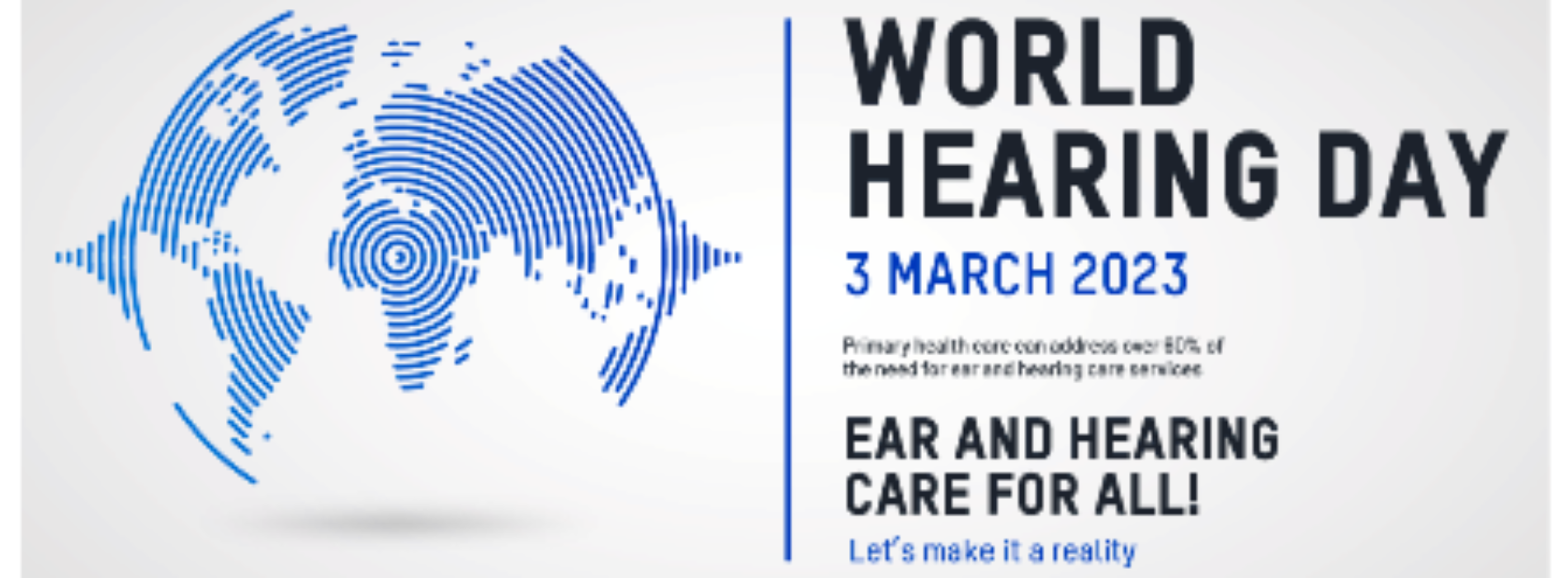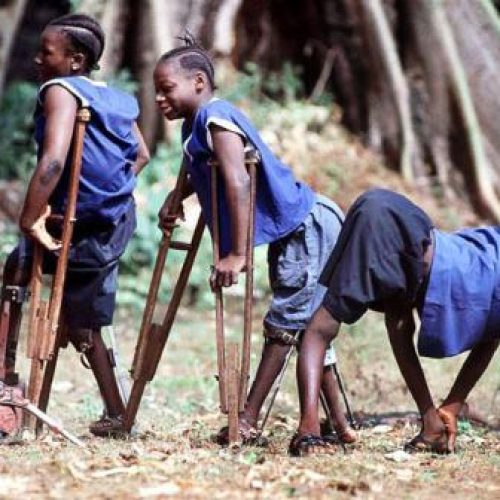2023 World Hearing Day: WHO launches training manual to assist countries on ear care
Amid reports that an estimated 1.5 billion people globally live with hearing loss. The World Health Organization (WHO) has released a new manual to assist countries in building the capacity of their health workforce to provide ear and hearing care at the community level.
The Primary ear and hearing care training Manual was released on March 3, to mark the 2023 World Hearing Day with theme: “Ear and hearing care for all! Let’s make it a reality”.
The manual is a practical guide on the prevention, identification and management of hearing loss and common ear diseases and can be used to train health workers and doctors who work at community level primary healthcare facilities.
It contains modules on the mechanism of hearing, conducting ear examination and hearing assessment, guidance on prevention, management, and referral of common ear diseases, as well as rehabilitation of hearing loss. It includes hands on practical activities for skill development.
In her message to mark the 2023 World Hearing Day, the WHO Regional Director for Africa, Dr Matshidiso Moeti, projected that the number of people with hearing loss could rise to over 2.5 billion by 2030, saying the problem reflects significant inequalities disproportionately impacting on the marginalised populations across the globe.
She said in Africa, an estimated 135 million people are battling with ear and hearing problems as medical conditions, saying the number has been on the increase.
Moeti said that at the current rate, it was likely that by the year 2050 about 338 million people would be affected by visual and hearing problems in Africa.
She the World Hearing Day was an opportunity to raise awareness on the preventive measures as well as promote ear and hearing care worldwide.
She explained that It was a favourable day to reiterate the message on preventing and addressing common ear and hearing problems as nearly 30 billion dollars were being lost due to the collective failure to address the problem in the African Region.
According to her, more than 60 per cent of the common ear diseases and hearing loss can be detected and often managed at the primary level of medical care.
“We acknowledge recent efforts made by the relevant bodies towards addressing hearing and visual problems”
“The ongoing support to Kenya to establish a Center of Excellence for Eye Health Clinic, Eye Health and Oral Health is a welcome step.
”Also, with our support, countries are developing and implementing national strategies for ear health,” she said.
According to her, in 2022, Kenya, Malawi, and Guinea launched and started to implement national ear and hearing care strategies.
She said that there was also a regional analysis on ear and hearing care, including country profiles for all Member States.
Moeti said that two modules on ear and hearing care management for primary health care workers were developed, adding that it would be integrated into the WHO PEN packages.
In his comments on the new WHO manual, the Director for the Department for Noncommunicable Diseases, Dr Bente Mikkelsen said: “Ear and hearing problems are some of the most common conditions encountered in the community. It is critical that these conditions are promptly identified and managed across the continuum of care, starting at primary health care, by training more health workers and doctors so they can provide the needed ear and hearing care services to their communities.”






0 Comments
No Comments Yet!
You can be first to comment this post!